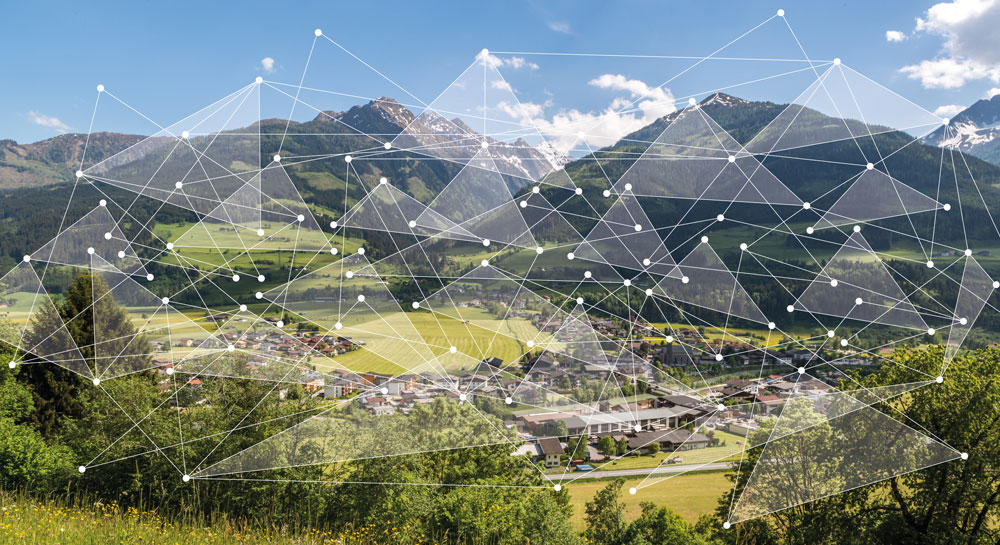
Recommendations for the future of local energy communities
More independence through local energy communities: New handbook offers support for the implementation of local energy communities.
Local energy communities help to develop renewable energy as the participants collectively invest in renewable energy sources, such as solar or wind power. This contributes to climate protection by reducing CO2 emissions as well as decreasing dependence on fossil fuels and centralized energy companies. In addition, the members of an energy community can reduce their energy costs through self-consumption and direct trading with each other. This increases both the security of supply and participation through a greater role in shaping one’s own energy supply.
IT architecture for local energy communities
The ECOSINT research project has developed an innovative IT architecture for local energy communities that allows participants to generate energy locally and trade it directly with other members of the community. The architecture focuses on integrating state-of-the-art technologies to optimize grid operation, security, and consumption management. Thanks to its flexibility and scalability, it can also cope with future requirements.
Recommended actions for energy communities
Based on extensive simulations, stakeholder workshops, and the analysis of reference projects, the researchers have formulated recommendations on how local energy communities can be made even more efficient in the future and how the long-term stability and attractiveness of such energy communities can be ensured.
The handbook with best-practice examples and recommendations for action is aimed at decision-makers, the energy industry, and energy communities.
ECOSINT was funded by the Climate and Energy Fund through the BMK and the FFG.
To the best practice manual & recommendations for action:
Mark Stefan, David Reihs, Florian Strebl, Jawad Kazmi, Ingrid Schürrer, Alexander Herbst, Peter Dorfinger, Stefan Linecker, Peter Stern, Stephan Cejka, Franz Zeilinger, Johannes Reichl, Rudolf Kapeller, Günther Eibl, Oliver Langthaler (2024): ECOSINT Best-Practice Handbuch & Handlungsempfehlungen. © The ECOSINT Consortium, 2020-2024.







